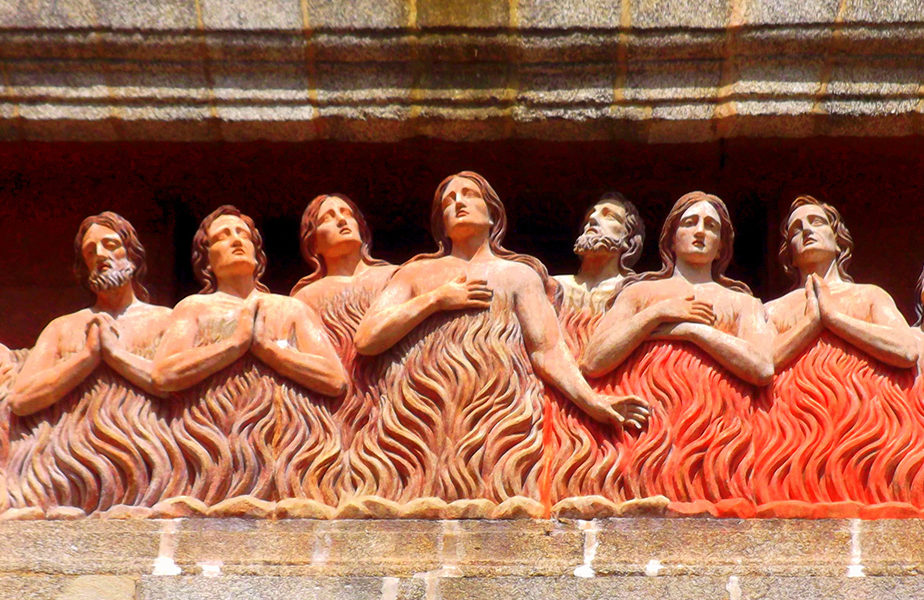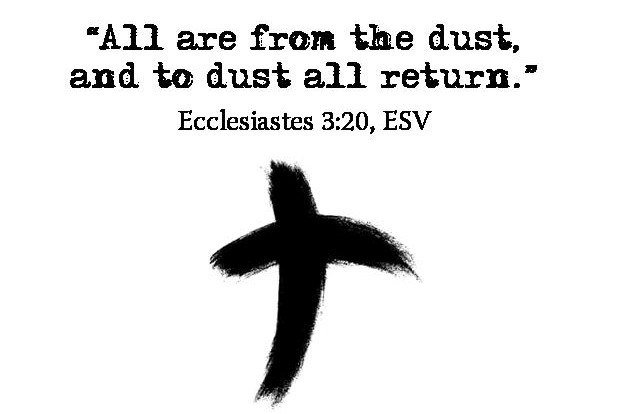









Did Jesus say that believers would never ever die, indicating that even when their bodies die, they will live on with him in glory? You might have heard that, but what if he meant something different, promising that we would be spared the fate of disappearing into death forever?
I get some resistance to the biblical concept that human beings are frail and mortal, “dust of the earth,” that we return to the dust when we die, and that there’s no heavenly life to be had while our bodies lay in the grave awaiting the resurrection of the dead. Sometimes people even pit Bible verses against this biblical idea. One verse at a time, I think we can see that these objections fail, and the overall clear biblical portrait of human nature and death remains intact.
One of those objections comes from a particular interpretation of Jesus’ saying after raising Lazarus from the dead in John 11:25-26:
“I am the resurrection and the life. Whoever believes in me, even though he dies, will live, and whoever lives and believes in me will never die.”
Never die. That gives pause to some people when they consider my view that immortality is received at the resurrection and that the dead are really dead in the grave, not living on as immortal souls. They wonder if this claim by Jesus must mean that if we live and believe in him now, we cannot lie dead in the grave without our souls living on in glory, because we will “never die.” It’s a good question to ponder, but there’s already a reasonable response to this worry, quite apart from the observation I’ll make soon. Jesus is here talking about those who live the new life that he has just referred to: Whoever believes in me, even though he dies, will live – that is, via the resurrection. So when Jesus goes on to say “whoever lives and believes in me will never die,” he’s talking about the life of immortality after the resurrection.
Read More








 I’m delighted to announce that in December 2014 the Ashgate Research Companion to Theological Anthropology will be published, featuring a chapter from me called “The Mortal God.” The chapter is about how a doctrine of the incarnation might look coupled with a materialist view of human beings. Theological anthropology is about coming up with a view of human persons from a decidedly theological point of view, although there is a natural overlap with philosophy of mind, philosophy of religion, theology and biblical studies. Questions about bodies, minds, souls, spirits, life, death, eternity and more are tackled in this sizeable piece of scholarship.
I’m delighted to announce that in December 2014 the Ashgate Research Companion to Theological Anthropology will be published, featuring a chapter from me called “The Mortal God.” The chapter is about how a doctrine of the incarnation might look coupled with a materialist view of human beings. Theological anthropology is about coming up with a view of human persons from a decidedly theological point of view, although there is a natural overlap with philosophy of mind, philosophy of religion, theology and biblical studies. Questions about bodies, minds, souls, spirits, life, death, eternity and more are tackled in this sizeable piece of scholarship. Sometimes the defenders of dualism are the pot, and their materialist targets are the kettle. Think about the following ways of arguing that we have immaterial souls and see if you can find anything wrong with them:
Sometimes the defenders of dualism are the pot, and their materialist targets are the kettle. Think about the following ways of arguing that we have immaterial souls and see if you can find anything wrong with them: Does the Bible actually teach that souls live on when the body dies? Short story: no.
Does the Bible actually teach that souls live on when the body dies? Short story: no.